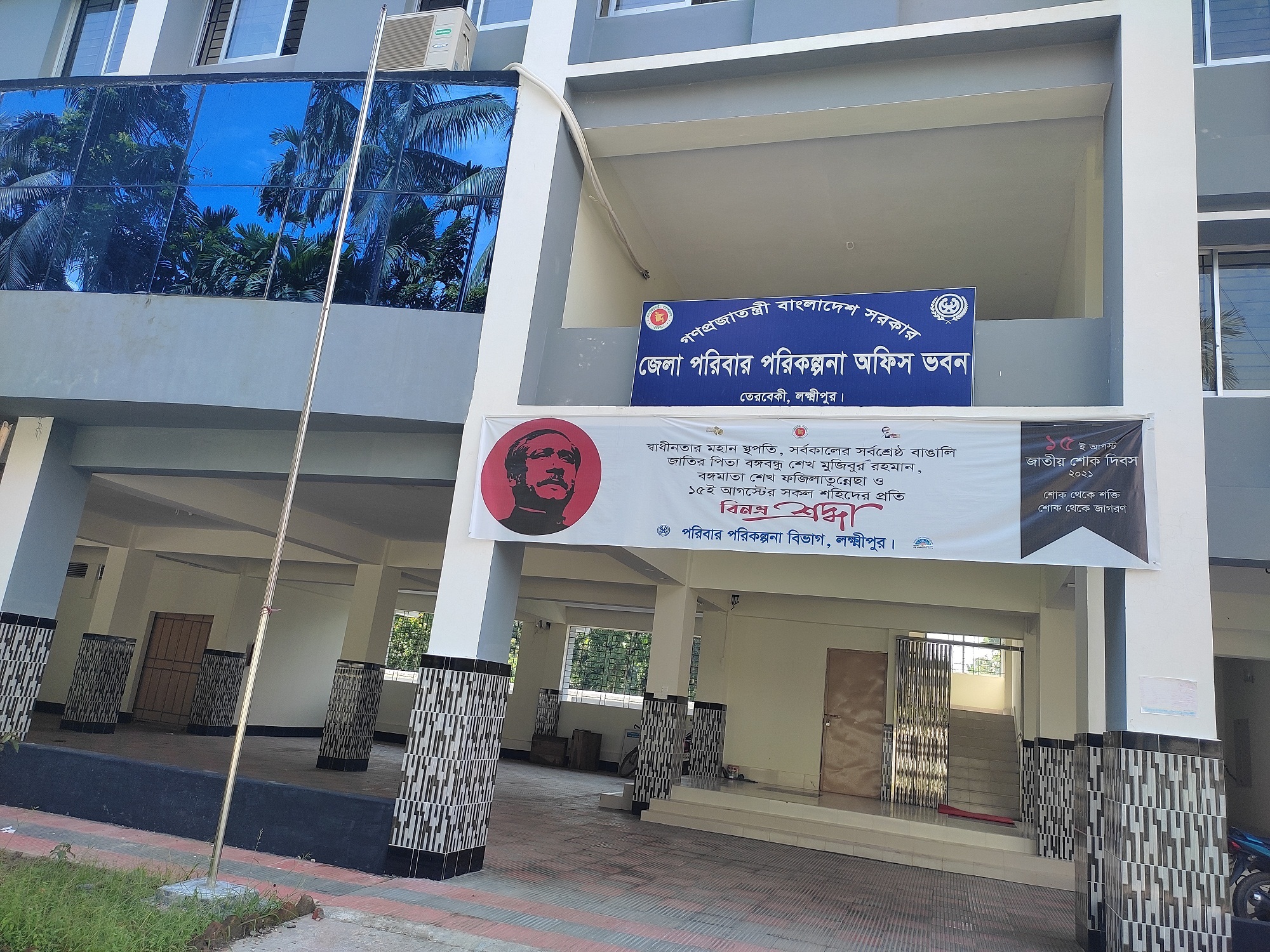-
- About Us
-
Our services
পরিবার পরিকল্পনা সেবা (অস্থায়ী)
-
Higher Offices
District/Divition
Department/Division/Ministry
- e-Services
- Gallery
-
Contact
Official Communication
Communication Map
-
- About Us
-
Our services
পরিবার পরিকল্পনা সেবা (অস্থায়ী)
-
Higher Offices
District/Divition
Department/Division/Ministry
- e-Services
-
Gallery
Photo Gallery
Video Gallery
-
Contact
Official Communication
Communication Map
Early marriage and motherhood is very common in Bangladesh. Two in three women marry before the legal age of marriage, which is 18 and one in three women starts child bearing before age 19 (BDHS 2011). Nevertheless the above facts, 27% of young women aged 15-19 years have given birth and another 6% are pregnant with their first child. Maternal along with neonatal mortality reduction in Bangladesh has been achieved through strong Government commitment in HPSP, HPNSP and other national policies and program implementation, notably the successful implementation of IEC/ BCC interventions together with CEMOC services, CSBA training, FP service coverage, the provision of safe MR services, piloting of maternal voucher schemes, expansion of private sector services and the expansion of female education at large.
Bangladesh is on track in terms of achieving MDG targets particularly MDG 4 & 5. Neonatal mortality rate remains still high at 32 per 1000 live births (BDHS 2011), and is the only component of childhood death that is not showing satisfactory reduction. Successive BDHS in 2004, 2007, 2011 and BMMS 2010 showed an increase in antenatal care coverage with a skilled provider from 46.2 percent (2005) to 56.4 percent in 2010. Skilled birth attendance during pregnancy, childbirth and the post-natal period remains a critical issue. BMMS 2010 showed an increase in antenatal care coverage with a skilled provider to 54.6 percent, but only 26.4 percent made the recommended four or more visits. Due to absolute shortage of skilled manpower like midwives, nurses and doctors, great disparity exists in use of skilled birth attendants during delivery between urban (53.7%) and rural (25.2%).
In order to reduce TFR, MMR, NMR and IMR further, and thereby to achieve development goals, strategic and targeted interventions have been undertaken by the Directorate General of Family Planning in association with the development partners and NGOs which is reflected in the new sector program HPNSDP.
Planning and Implementation: Cabinet Division, A2I, BCC, DoICT and BASIS







